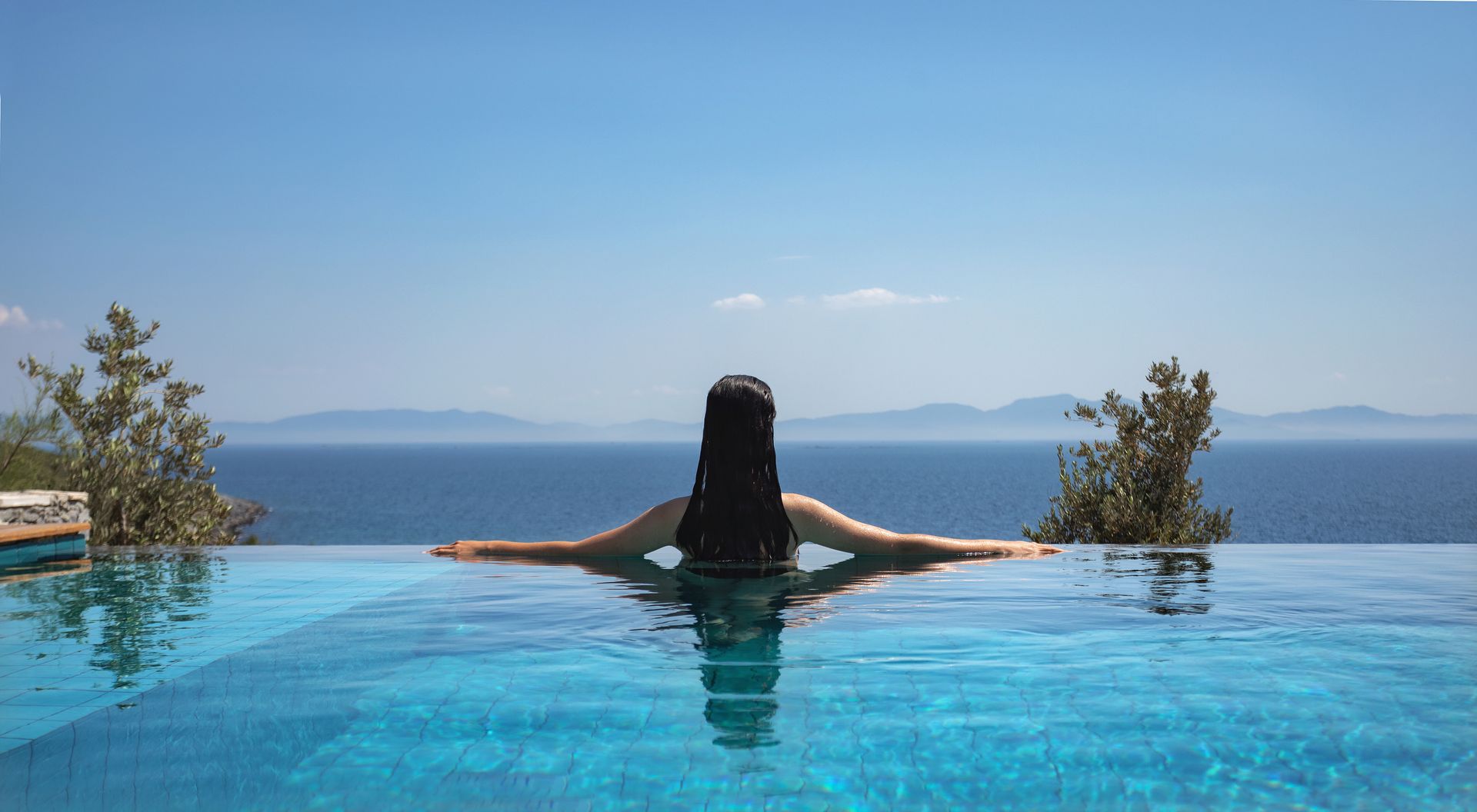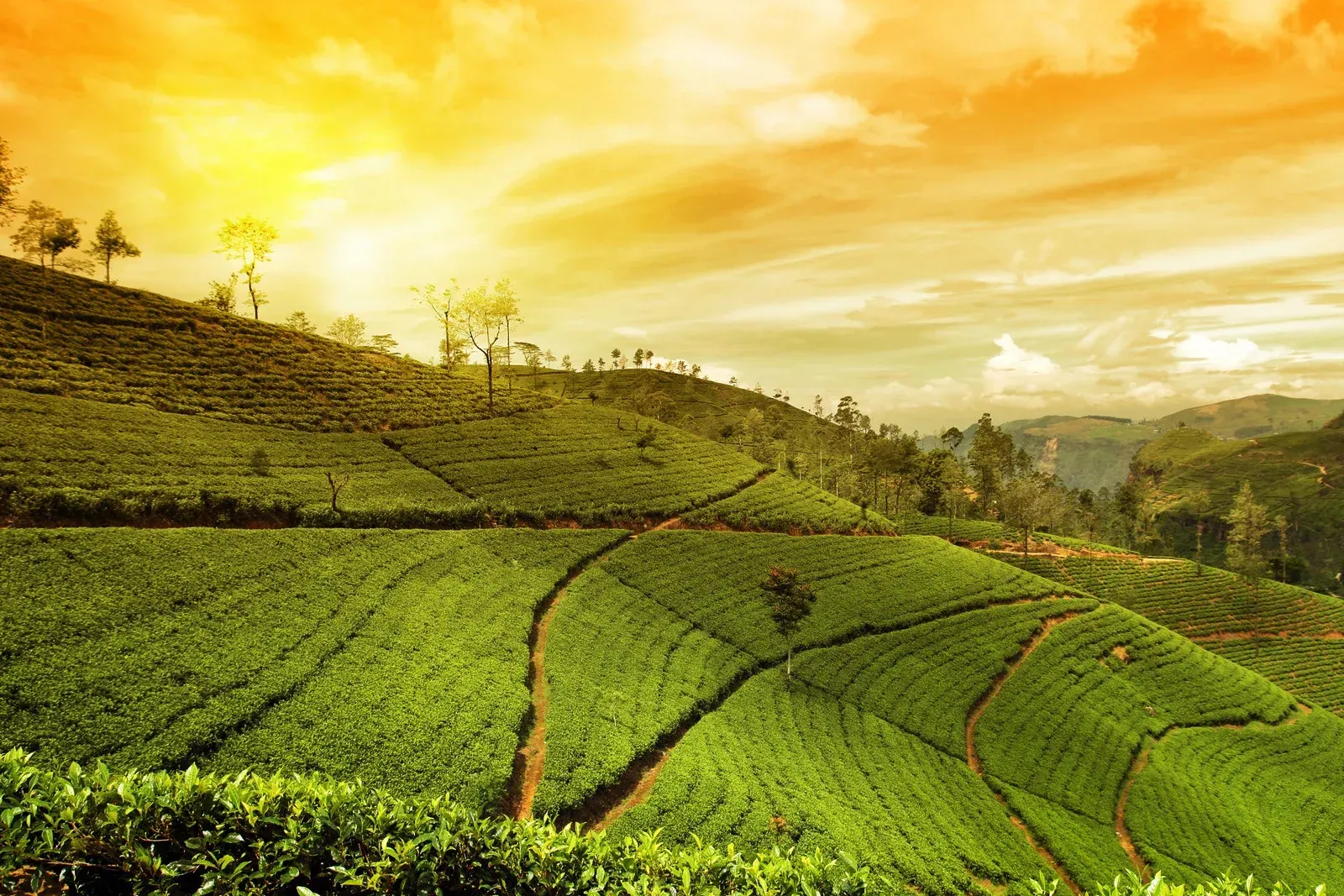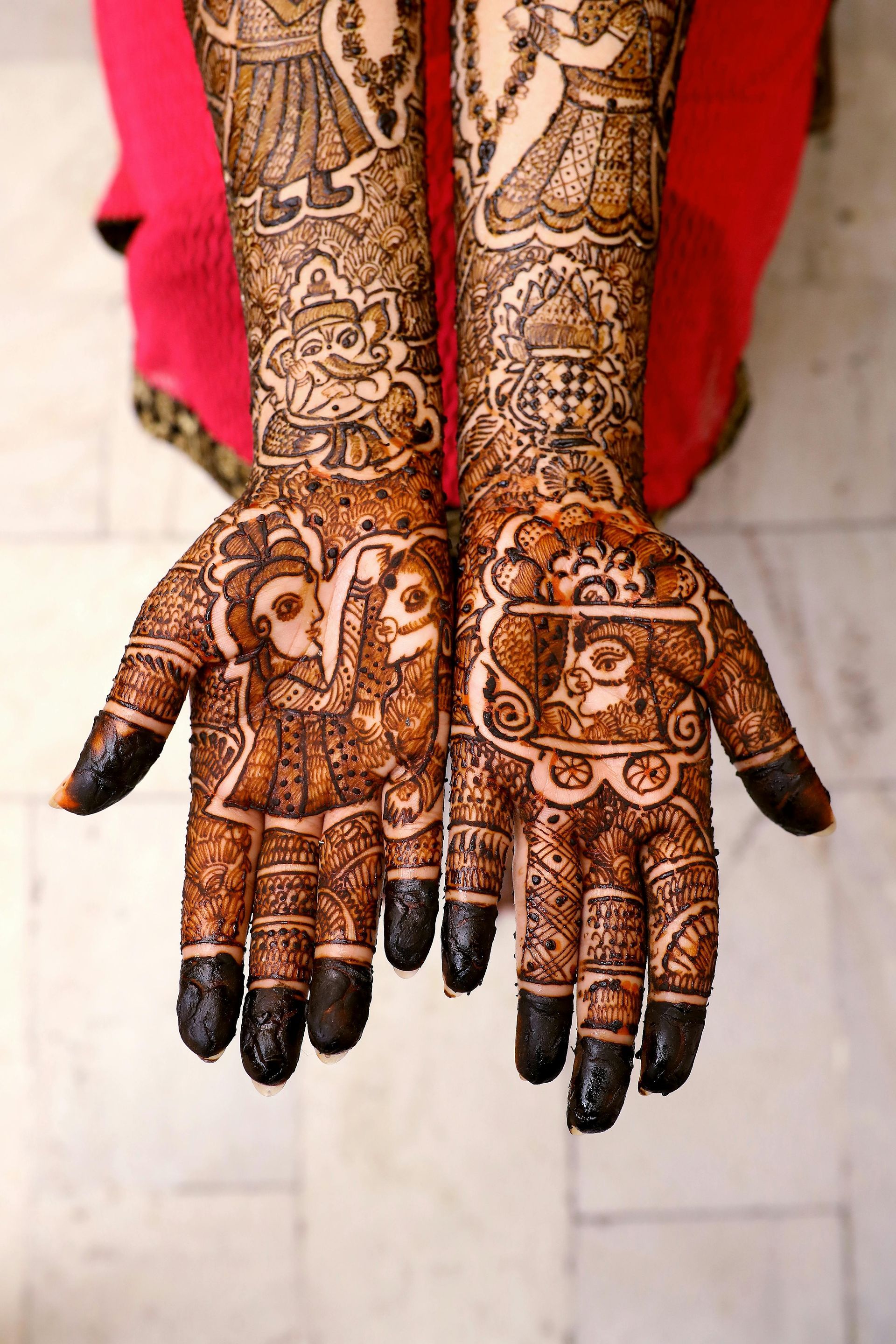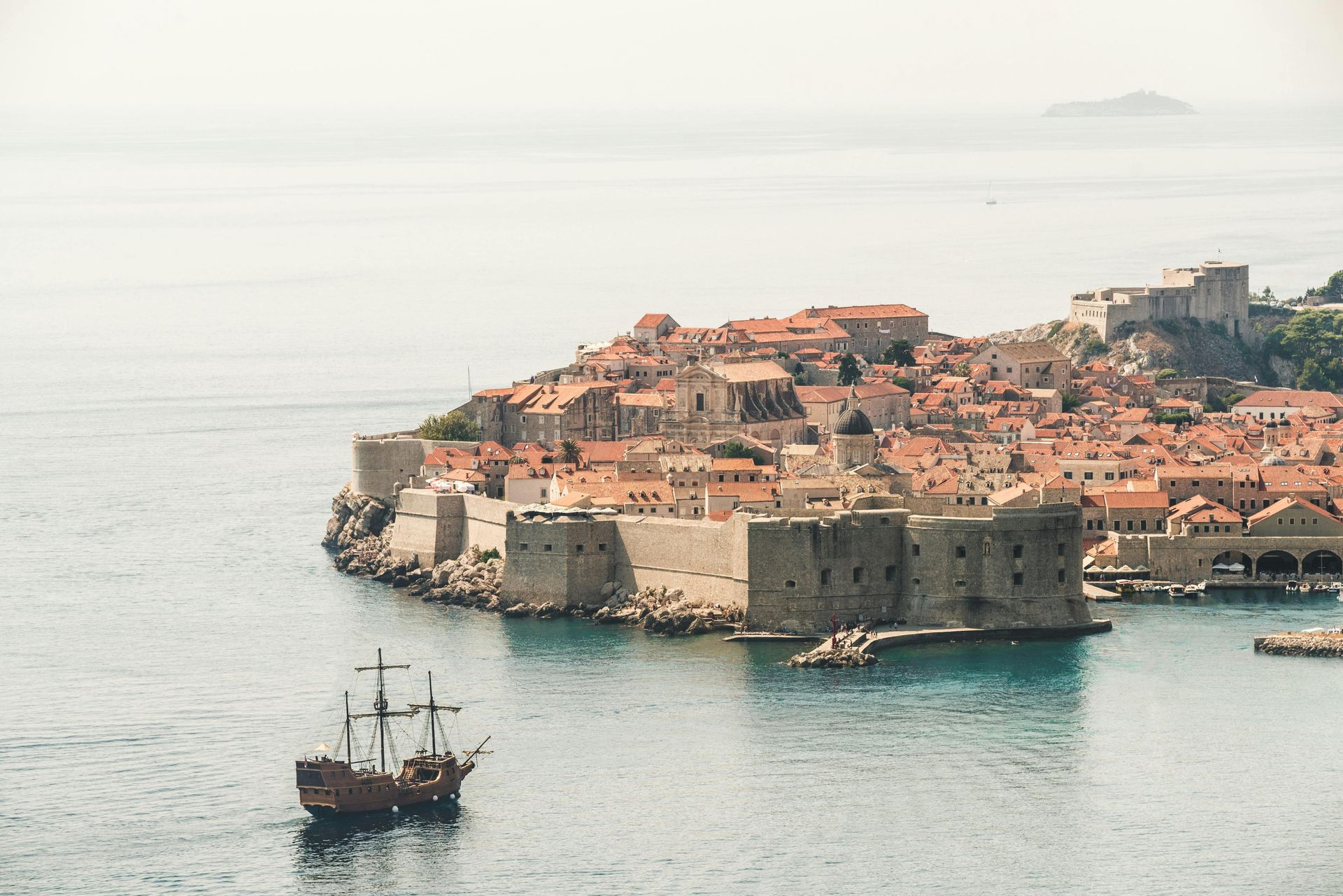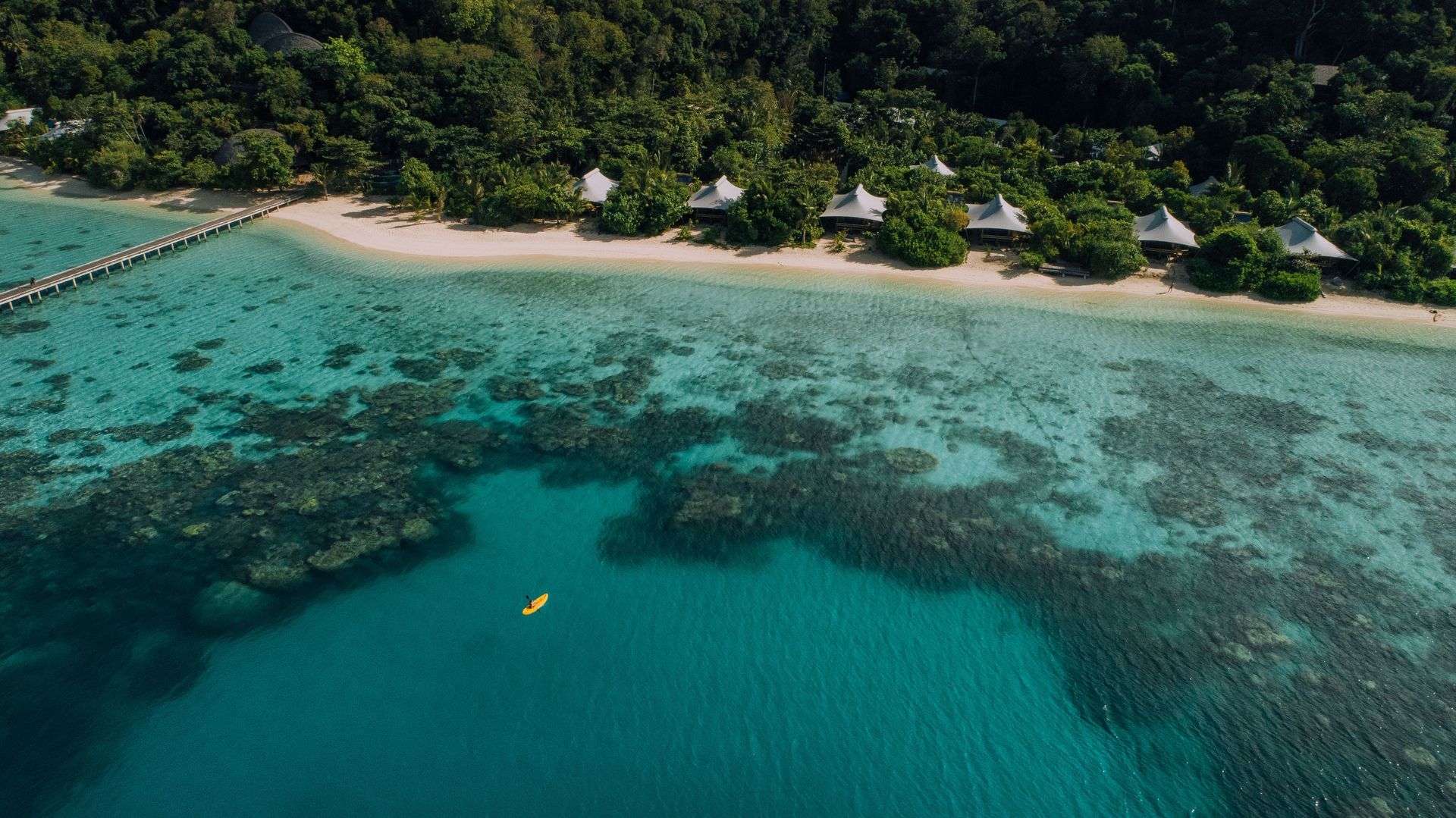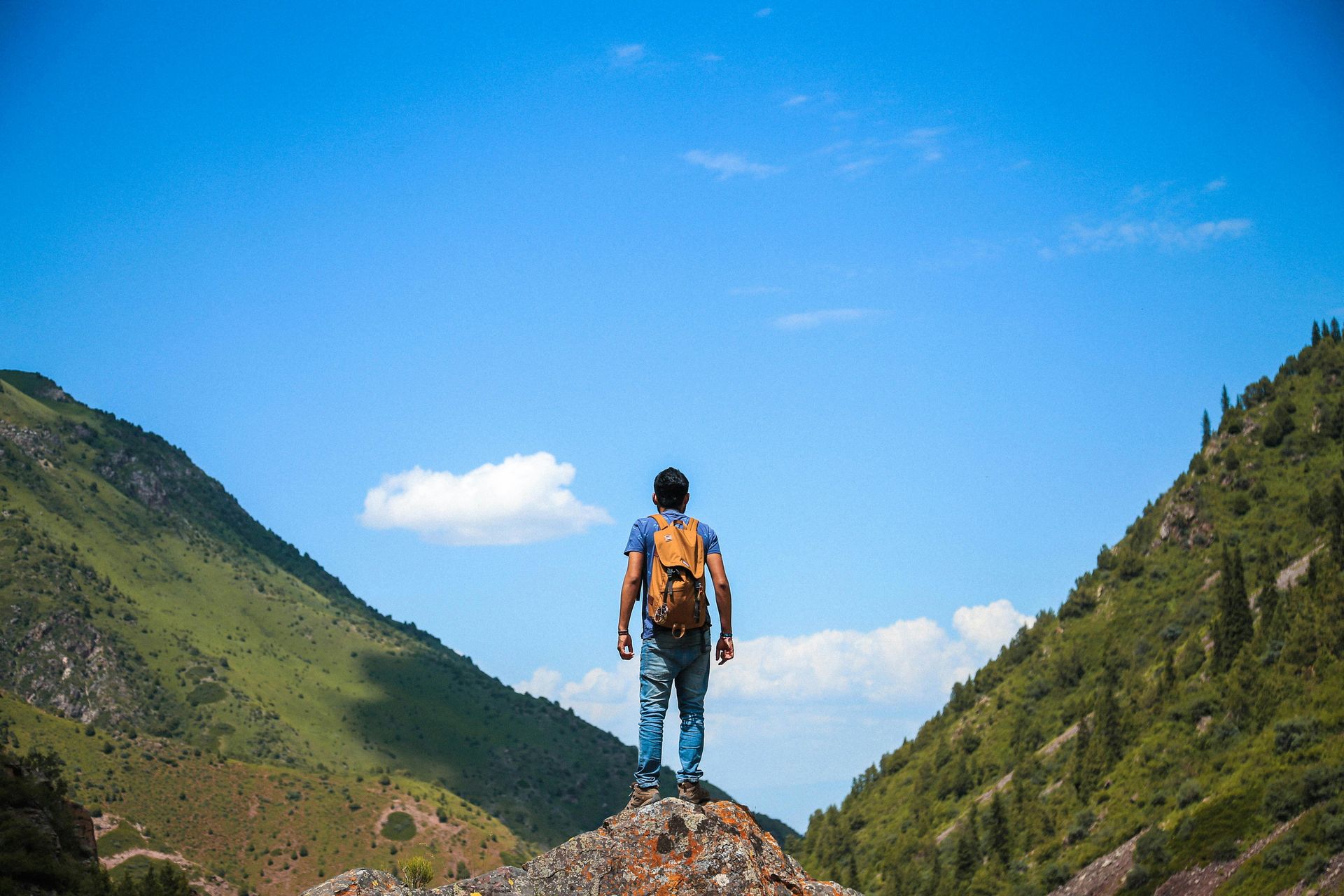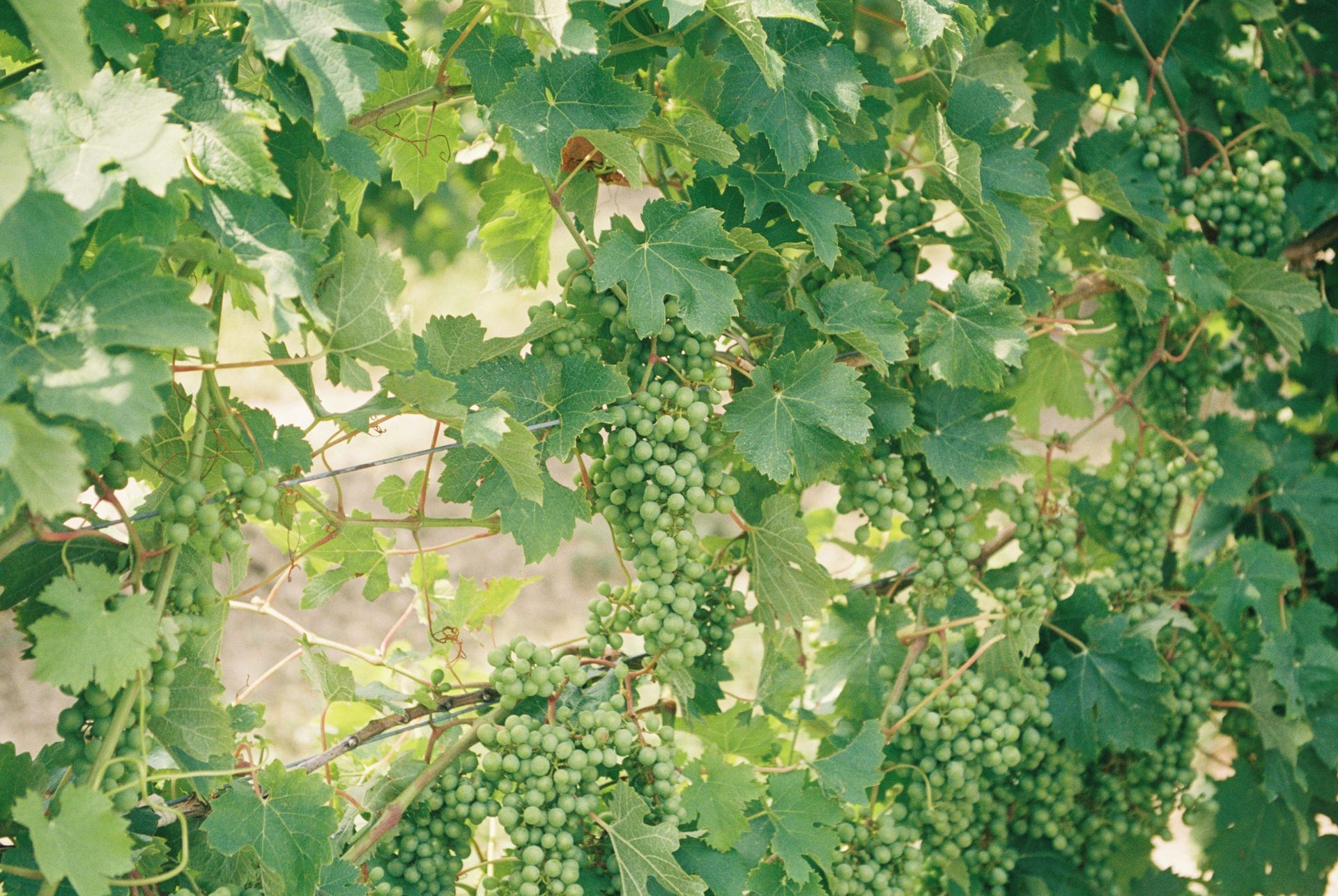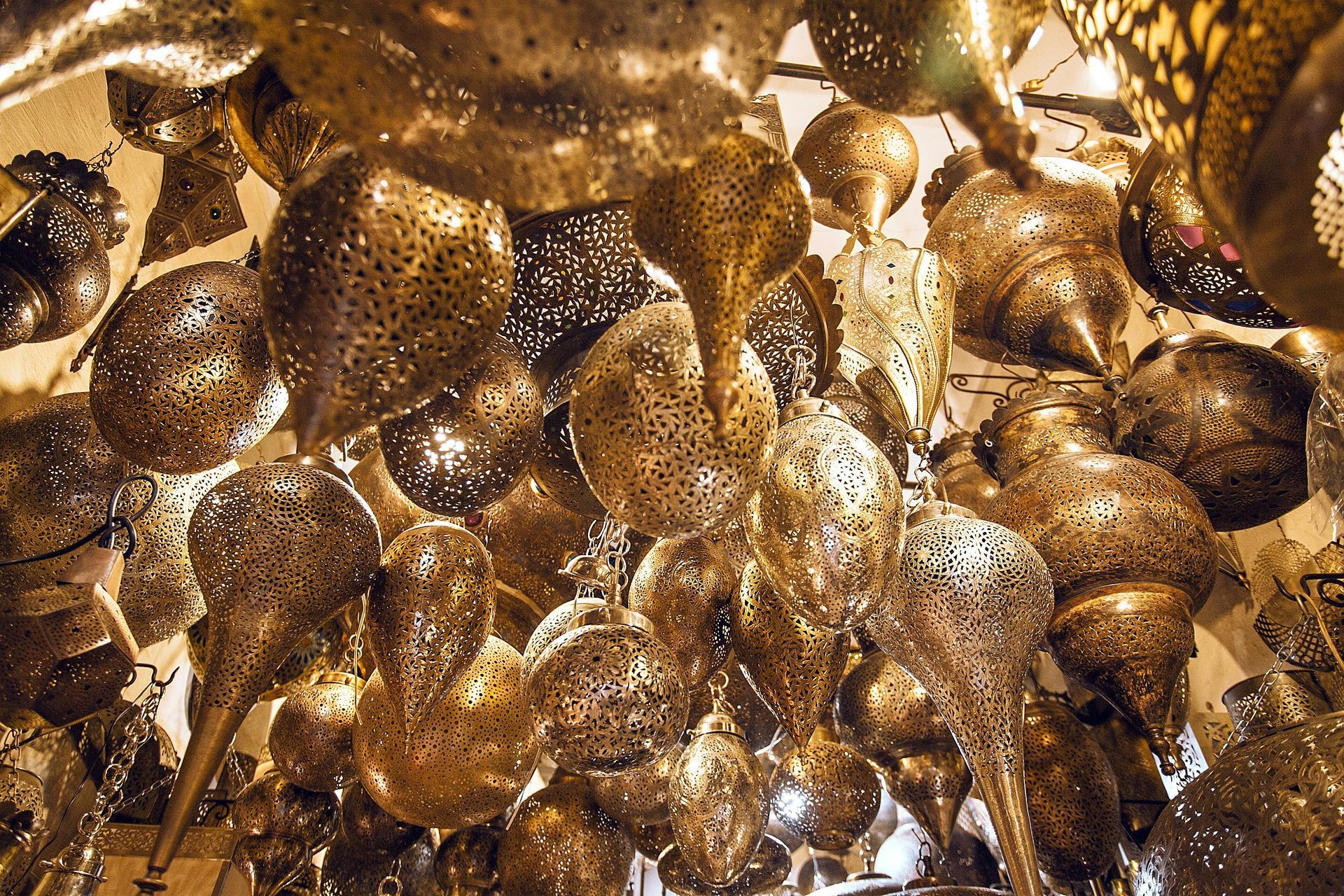Songkran Festival: How to Celebrate Thailand’s New Year Sustainably
Songkran Festival: How to Celebrate Thailand’s New Year Sustainably
A guide to celebrating Thailand's Songkran Festival in an eco-friendly way, including water conservation tips and sustainable festival practices.
Introduction to Sustainable Songkran
The Thai sense of sanook (fun) is legendary — and never more so than during Songkran, Thailand’s exuberant New Year festival. Streets transform into a joyous scene of water fights, laughter and music, especially in cities like Chiang Mai and Bangkok, where the celebration flows from temple courtyards to lively streets. But beyond the playful spirit, Songkran holds a quieter, deeply meaningful side.
At its heart, Songkran is about cleansing, renewal, respect for elders, and reconnecting with family. Amidst the festivities, you’ll find serene moments: blessings with scented water over Buddha images, gentle processions of monks walking barefoot to receive offerings, and the building of sand chedis (pagodas) in temple grounds.
As the festival continues to draw visitors from around the world, celebrating responsibly has never been more important. Thoughtful travel choices, water conservation, and support for local communities can help preserve the spirit of Songkran for generations to come.
Sustainable Travel Tips for Songkran
Celebrating sustainably starts long before the first splash. If flying, consider choosing direct flights and offsetting your carbon emissions with reputable environmental programmes. Once in Thailand, opt for trains, public transport, or bicycles — offering a slower, more authentic way to explore.
When shopping or dining, look for local products and small businesses. From handmade textiles to freshly prepared street food, supporting local makers and producers ensures your trip benefits communities directly.
And perhaps most importantly, take time to connect. Whether it’s learning a few words of Thai, chatting with market vendors, or listening to stories from local families, Songkran is as much about people as it is about celebration.
The Traditions of Songkran: Finding Joy and Meaning
Songkran’s joyful water play is only part of its story. The festival is steeped in traditions that centre on gratitude, humility, and new beginnings. For those wishing to experience these customs respectfully, visiting places such as Wat Phra Singh in Chiang Mai offers a thoughtful window into local practice.
Here, visitors can quietly pour scented water over Buddha statues for blessings and good fortune. Many Thai families also carry sand to temple grounds to build small sand chedis, symbolising the return of earth carried away on their feet over the year — a beautiful, simple act of balance and care.
In the early mornings, you may witness Tak Bat, the offering of alms to monks, as they walk barefoot through the streets, receiving food and household items. These processions are moments of calm reflection amidst the vibrant festivities.
For a more personal connection, some travellers choose to spend time with local families — sharing meals, exchanging stories, and welcoming the New Year with warmth and kindness, just as Thai families do.
Reducing Water Waste During the Festival
It’s no secret that Songkran is synonymous with water play — but with mindful choices, it doesn’t need to be wasteful. The festival’s origins lie in gentle, symbolic cleansing, and returning to these roots can be both meaningful and sustainable.
Here are some simple ways to reduce water waste:
- Use refillable buckets or bowls instead of hoses.
- Avoid high-pressure water guns, which use unnecessary amounts of water.
- Say no to ice water — it’s energy-intensive and can be unpleasant for those on the receiving end.
- Participate in community-led water events designed with conservation in mind.
After the water games end, take a moment to reflect on the symbolism of water as renewal — a simple but powerful gesture of care for both people and planet.
Eco-Friendly Accommodation and Activities in Thailand
Soneva Kiri, Koh Kood
An award-winning eco-resort set on one of Thailand’s most unspoiled islands, Soneva Kiri leads the way in barefoot luxury with a deep commitment to zero waste, organic gardens, and environmental stewardship — all while supporting local communities through education and conservation programmes.
Koh Jum Beach Villas, Krabi
Nestled within a lush national park, these private villas are powered by solar energy and designed to blend with the natural environment. The resort supports marine conservation and encourages guests to connect with local island life in a low-impact, respectful way.
Six Senses Samui
Perched on a hillside with sweeping ocean views, Six Senses Samui is well known for its sustainability focus — from eliminating single-use plastics to cultivating organic gardens and supporting community-led projects. Guests can also take part in reforestation and beach clean-up activities.
The Siam, Bangkok
A tranquil urban retreat along the Chao Phraya River, The Siam blends Art Deco elegance with meaningful sustainability efforts and support for local artisans and communities.
Activities That Celebrate Culture and Conserve Nature
Beyond the temples and streets, Thailand offers countless opportunities to engage with its culture in gentle, sustainable ways. You might:
- Join a traditional Thai cooking class that uses seasonal, organic ingredients.
- Take part in a sa paper lantern-making workshop with local artisans.
- Wander local markets with a sustainability guide and learn how to shop mindfully.
- Visit community-run initiatives focused on craft preservation or environmental regeneration.
- These experiences not only enrich your travels but also leave a positive impact on the people and places that make Songkran so special.
A Celebration of Mindful Joy
Songkran is a festival of contrasts — playful water fights on sun-drenched streets, followed by moments of quiet reverence and family connection. By travelling thoughtfully, using water wisely, and supporting local communities, we can help protect this beautiful celebration and keep its spirit alive.
Whether you find yourself caught up in a joyful splash on the streets of Chiang Mai or quietly pouring scented water over a Buddha statue, may your Songkran be filled with kindness, gratitude, and sanook — for yourself, for others, and for the world around you.

